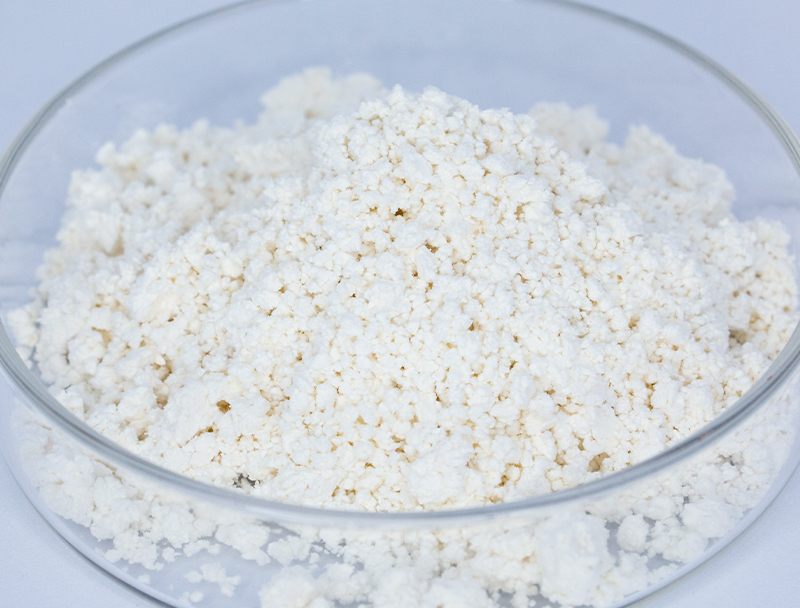
Modern biofabrication is grounded in a comprehensive selection of input materials to supply inventive bioproducts.
Maintaining long-term supply of raw inputs dictates persistent stability and principled industry advancement.
diverse obstacles inherent in legacy sourcing approaches including environmental degradation and exploitation of natural resources. Thus, organizations must explore circular sourcing options to lessen environmental harm.
- Situations demonstrating ethical sourcing encompass:
- Harnessing secondary biomass from farming outputs
- Integrating recovery systems to shrink waste while improving throughput
- Forging alliances with neighborhood suppliers supporting green sourcing
Moving toward responsible sourcing creates ecological improvements and economic resilience.
Enhancing Biomass Composition for Superior Biofuel Results
Maximizing the efficiency of biofuel production relies heavily on the quality and composition of biomass feedstocks. Technologists actively pursue refinements to increase feedstock efficiency, creating higher productivity and an eco-friendlier fuel landscape. Programs combine genetic improvement for biomass productivity with conversion technologies to access fermentable substrates.
- Concurrently, efforts examine seaweed, industrial byproducts, and crop residues to increase the variety of renewable feedstock alternatives for fuel production.
- Because of continual endeavors biofuel technology is set to attain meaningful progress that supports renewable energy growth.

Transformations in Upstream Biopharma Workflow Design
represents the initial stages of biopharmaceutical manufacturing, encompassing all steps from cell culture and cell harvesting Current advancements have streamlined operations and improved bioproduct yields.
Salient improvements involve specialized expression hosts, fine-tuned media strategies, and next-gen bioreactor concepts. These advances improve throughput while lowering both operational expenses and ecological footprints.
- Additionally, a shift to integrated continuous operations is providing enhanced flexibility and responsiveness in production.
- This transition to advanced manufacturing techniques is set to transform the sector and accelerate therapeutic timelines.

Advances in Gene Editing to Boost Therapeutic Production
developments in targeted genetic engineering methodologies have modernized drug manufacturing. Using precise gene interventions, engineers raise the output of key therapeutic proteins. The technique provides opportunities to manufacture economical, high-yield therapeutics for varied indications.
Biodegradation Strategies Using Targeted Microbial Cultures
advanced microbe-driven remediation methods to treat contaminated sites sustainably. Microorganisms possess the remarkable ability to degrade and transform harmful pollutants into less toxic substances.. Leveraging microbial biotransformation promotes sustainable remediation that curbs industrial environmental impacts.. Investigators study multiple microbial strains for abilities to transform metals, degrade agrochemicals, and process petroleum wastes.. Such organisms are usable in treatment systems or applied directly to soils and waters to drive biodegradation of contaminants..
Using microbes for cleanup carries distinct advantages compared with chemical or physical remediation approaches. This method provides a low-cost, low-waste alternative to conventional remediation. Likewise, microbial systems can selectively degrade contaminants while sparing the wider environment. The domain advances quickly, concentrating on raising reliability and performance of microbial cleanup methods.
Bioinformatics' Impact on Drug Design
Data-driven bioinformatics is critical for modern pharmaceutical innovation. From target selection to safety profiling, bioinformatics empowers rapid, data-informed therapeutic design.
- Via examination of genomic, proteomic, and clinical datasets, researchers pinpoint targets and project drug activity.
- Similarly, modeling drug–target interactions streamlines design of compounds with better efficacy and selectivity.
- Finally, data-driven informatics is changing drug development and hastening patient access to effective therapies.
Fine-Tuning Metabolism to Maximize Bioproduct Synthesis
employs a variety of strategies to augment the synthesis of valuable bioproducts within microorganisms. These strategies can involve genetic modifications to optimize metabolic pathways, regulation of gene expression, and the introduction of novel genes to confer new capabilities.. By fine-tuning these processes, engineers can significantly increase the yield of desired bioproducts.
This broad strategy is positioned to innovate sectors including pharmaceuticals, crop science, and bioenergy.

From Lab to Plant: Challenges and Opportunities in Biomanufacturing Scale-Up
Expanding production volumes poses difficult barriers yet offers substantial opportunities. Ensuring product consistency at larger manufacturing scales represents a major hurdle. Tackling it demands tightly integrated control systems, precise surveillance, and state-of-the-art analytics.

A further difficulty lies in process complexity, with many interdependent production phases.. Refining processes for commercial volumes demands deep R&D investment and novel engineering solutions.. Yet, the returns can be substantial. Skilled scaling can enlarge supply, lower prices, and increase profit potential.
Numerous initiatives aim to tackle these scaling challenges. Plans feature next-gen optimization hardware, sophisticated real-time analytics, and forward-looking production strategies.
- Research and development activities are central to evolving manufacturing capacity.
- Regulators are reforming approval systems to facilitate adoption of advanced manufacturing and nurture innovation.
Regulatory Considerations to Maintain Biopharmaceutical Safety and Performance
Advancing biopharmaceuticals involves heavy regulatory scrutiny to secure product safety and proven efficacy. Therapies derived from biological organisms carry special considerations not typical of conventional pharmaceuticals.
Agencies such as the FDA in the United States and the EMA in Europe play a crucial role in establishing guidelines and standards for the approval of these innovative therapies..
Extensive evaluation procedures are essential across development phases, spanning preclinical work to post-market checks.. The measures work to spot potential hazards and validate that therapies reach demanding safety levels..
Similarly, regulators iteratively adjust approaches to accommodate emerging biopharmaceutical breakthroughs.. Strategies include welcoming technological advances and simplifying development while prioritizing patient safety.

Plant-Derived Feedstocks as a Route to Sustainable Bioplastics
The expanding market for green materials prompts increased R&D into bio-based solutions. Converting plant biomass into bioplastics offers a credible pathway to environmentally sound products. Biomass sources such as cornstarch, cellulose, and sugarcane are usable to produce plastics that biodegrade and reduce ecological impact.
Similarly, selected bioplastics offer analogous properties to traditional plastics suitable for many applications.. Ongoing studies and technology development are vital to exploit plant feedstocks for bioplastics and foster a circular economy.
Biotechnology's Impact on Global Health and Food Security
Biotechnology equips researchers with methods to tackle health crises and bolster food availability. With genetic tools, engineered biological systems, and regenerative cell approaches, experts craft interventions to manage diseases, enhance agriculture, and fortify nutrition.. Consider genetically enhanced crops that resist pests and environmental stresses to improve production and reduce pesticide reliance.. Additionally, biotech enables faster vaccine development, novel antimicrobials, and precise diagnostics critical to infectious disease control and health improvement.. With ongoing research, biotech is positioned to enable broad improvements in Calcium alpha-ketoglutarate health and food security that serve global populations.
